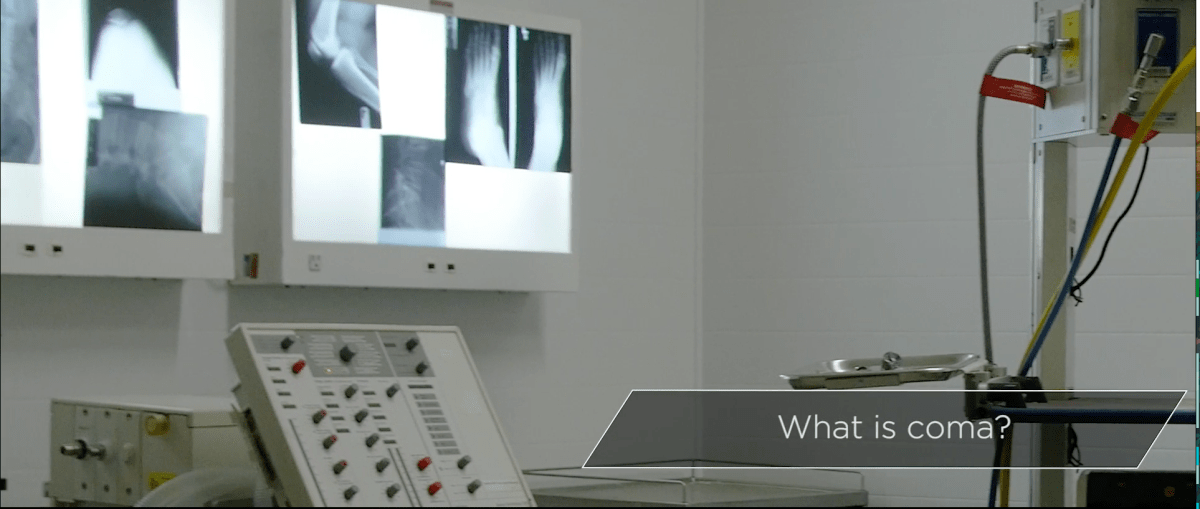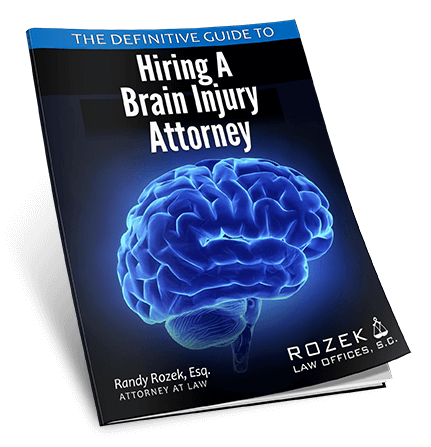Bipolar meds may help preserve brain function
A new study out of Rutgers University revealed that medications typically used to treat cancer, depression, and bipolar disorder may prevent nerve cell damage and preserve brain function for those who have suffered traumatic brain injury (TBI). “In research published in Scientific Reports, Rutgers scientists discovered that lithium — used as a mood stabilizer and to […]
A new study out of Rutgers University revealed that medications typically used to treat cancer, depression, and bipolar disorder may prevent nerve cell damage and preserve brain function for those who have suffered traumatic brain injury (TBI).
“In research published in Scientific Reports , Rutgers scientists discovered that lithium — used as a mood stabilizer and to treat depression and bipolar disorder — and rapamycin, a treatment for some forms of cancer, protected nerve cells in the brain and stopped the chemical glutamate from sending signals to other cells and creating further brain cell damage,” an article in Science Daily reads.
The lead author of the study, Bonnie Firestein, said that many of the medications currently used to treat those with TBI focus on treating symptoms and halting pain rather than keeping any further damage from occurring. Firestein said her team wanted to find a drug to protect cells and keep them from dying.
According to the Centers for Disease Control and Prevention , traumatic brain injury (TBI) is a major cause of death and disability in the United States with an estimated 1.7 million people sustaining a TBI annually. About 30 percent of all deaths due to injury are due, in part, to a TBI.
The symptoms vary for TBI, but can include cognitive function issues, impaired memory, headaches, trouble sleeping, speech and hearing issues, depression, personality changes and impulse control problems.
The CDC reports that every day about 153 people in the U.S. die from injuries that include a TBI. Children and older adults are at the highest risk.
“When a TBI occurs, Firestein said, a violent blow to the head can result in the release of abnormally high concentrations of glutamate, which under normal circumstances is an important chemical for learning and memory,” the article reads. “But an overproduction of glutamate, she said, causes toxicity which leads to cell damage and death.”
In the study, Rutgers scientist discovered that when you combine the two FDA-approved medications, the glutamate was not able to send messages between nerve cells, which stopped further damage and cell death from happening.
“Further research needs to be done, Firestein said, in animals and humans to determine if these drugs could help prevent brain damage and nerve cell death in humans after a traumatic brain injury.”
















